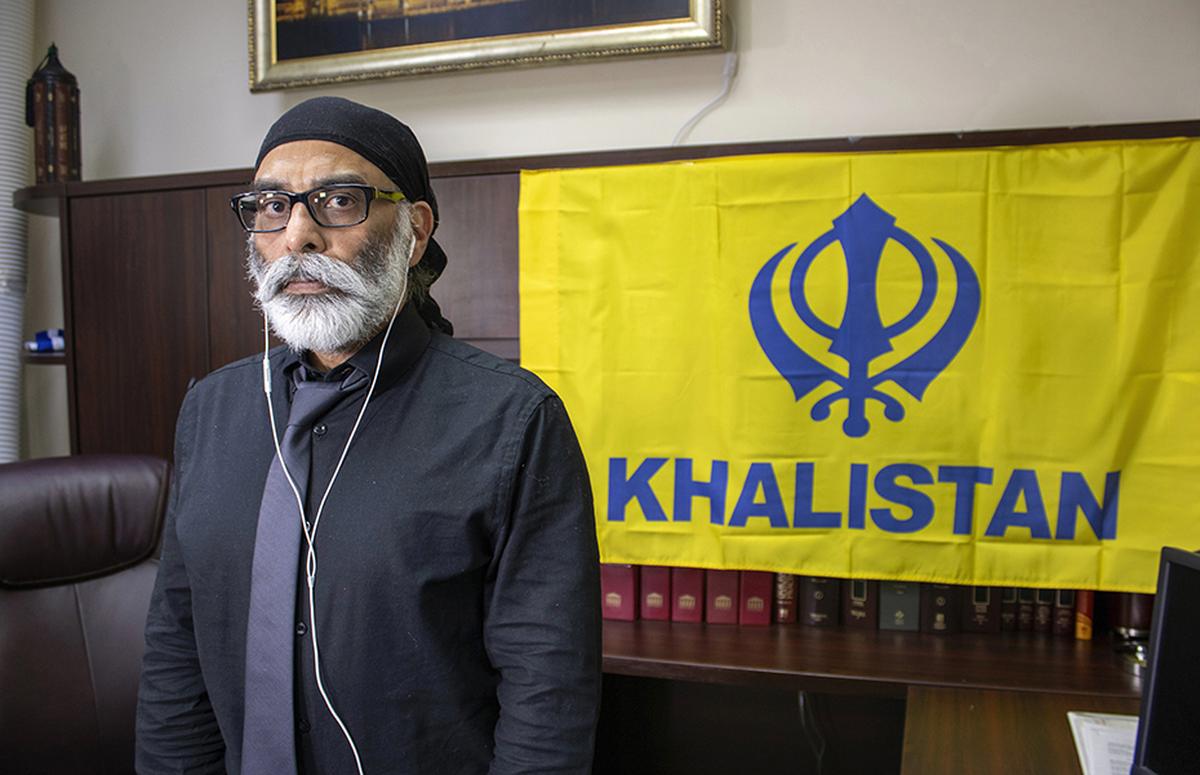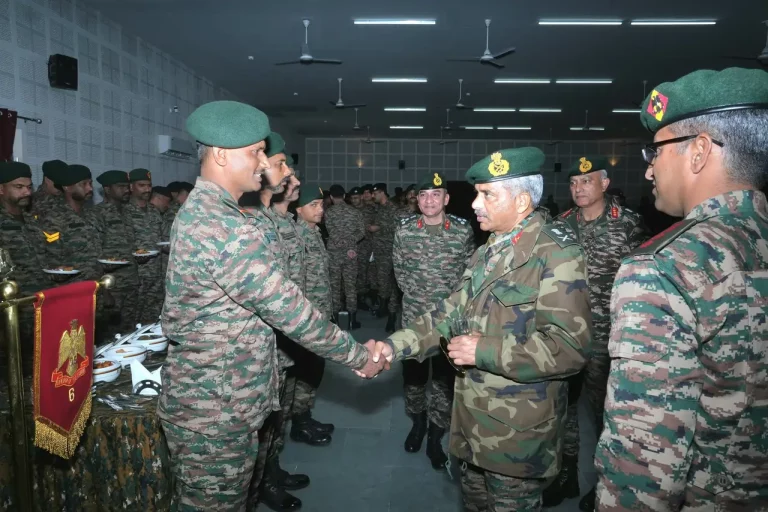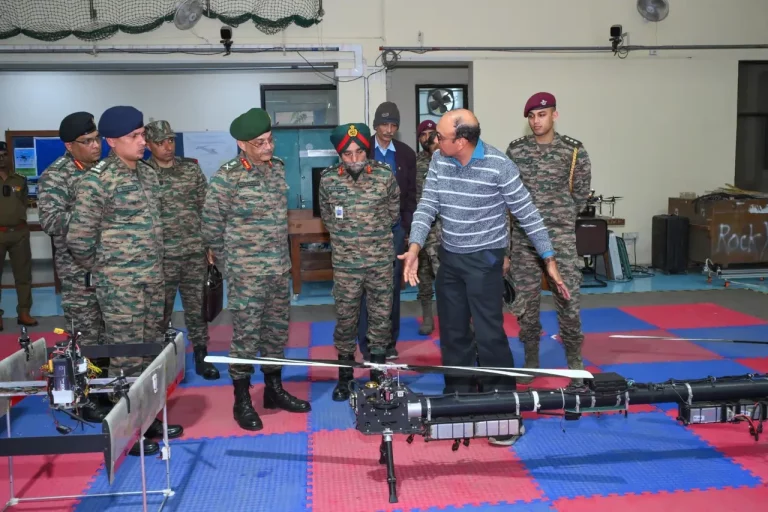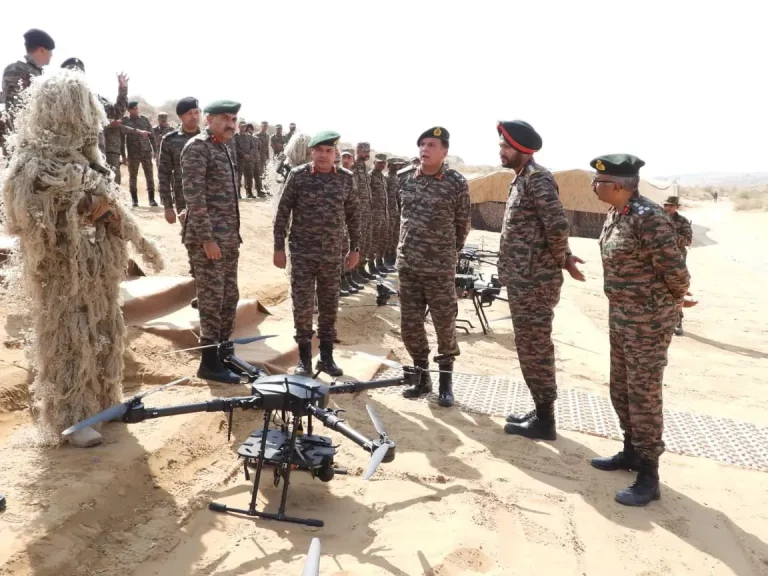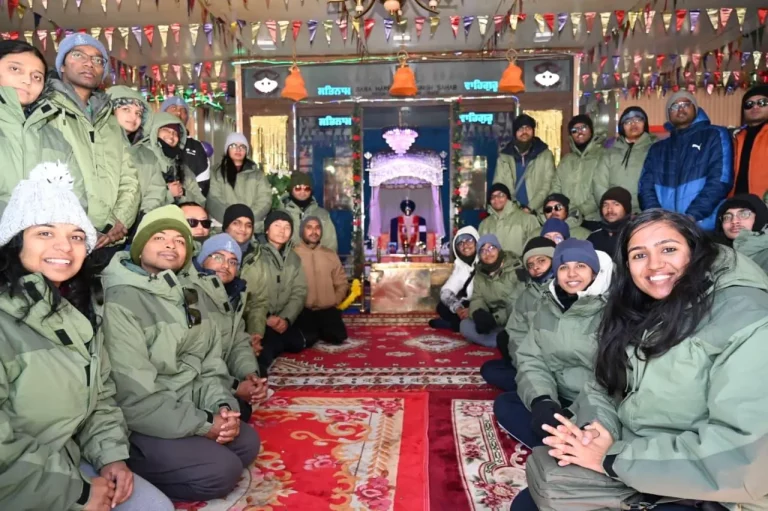Canada’s top intelligence agency has officially recognized that Khalistani extremists are utilizing Canadian territory to promote, fundraise, and plan violent activities targeting India. This revelation adds substantial credibility to India’s longstanding accusations regarding the free operation of anti-India elements within Canadian borders.
In its 2024 annual report, the Canadian Security Intelligence Service (CSIS) noted that a “small group of individuals” identified as Khalistani extremists engage in activities that support violence primarily directed at India. The report makes a clear distinction between these extremists and individuals who advocate peacefully for Khalistani ideologies, yet it underscores the ongoing threat posed by politically motivated violent extremism (PMVE) associated with pro-Khalistan beliefs.
Tracing these extremist roots back to the mid-1980s, the CSIS report highlights the activities of Canada-based individuals who have long sought to further separatist ambitions for an independent Khalistan within India’s Punjab state. The report also points out that this incitement continues to provoke Indian foreign interference operations in Canada, with allegations of monitoring or targeting those perceived as Khalistani supporters.
This critical acknowledgment by CSIS comes at a tense time in Canada-India relations, particularly following the 2023 assassination of Hardeep Singh Nijjar, a designated Khalistani terrorist, in British Columbia. Canadian officials had suggested that the killing was linked to the Indian government—claims that India has categorically dismissed as “absurd.” Instead, India has accused Canada of ignoring the rise of anti-India extremism on its soil.
Adding to the complexity of the diplomatic landscape, the release of the CSIS report coincided with a meeting between Canadian Prime Minister Mark Carney and Indian Prime Minister Narendra Modi during the G7 Summit held in Alberta. Despite the diplomatic strains, both leaders agreed to make efforts towards restoring formal ties, appointing new high commissioners, and resuming discussions on stalled trade negotiations. Carney defended his outreach to Modi in light of domestic political pushback, emphasizing India’s growing significance in the global economy and the importance of constructive engagement.
The findings presented by CSIS underscore the urgency of addressing cross-border extremist activities and might validate India’s consistent warnings about the misuse of foreign territories to incite unrest back home. Although the report stated that no Khalistani extremist attacks occurred in Canada in 2024, the persistent planning of violence internationally remains a serious national security concern for Canada.
This critical acknowledgment marks a potential turning point in discussions about terrorism, foreign interference, and the dynamics of the diaspora, which could significantly influence the trajectory of India-Canada relations in the near future.
